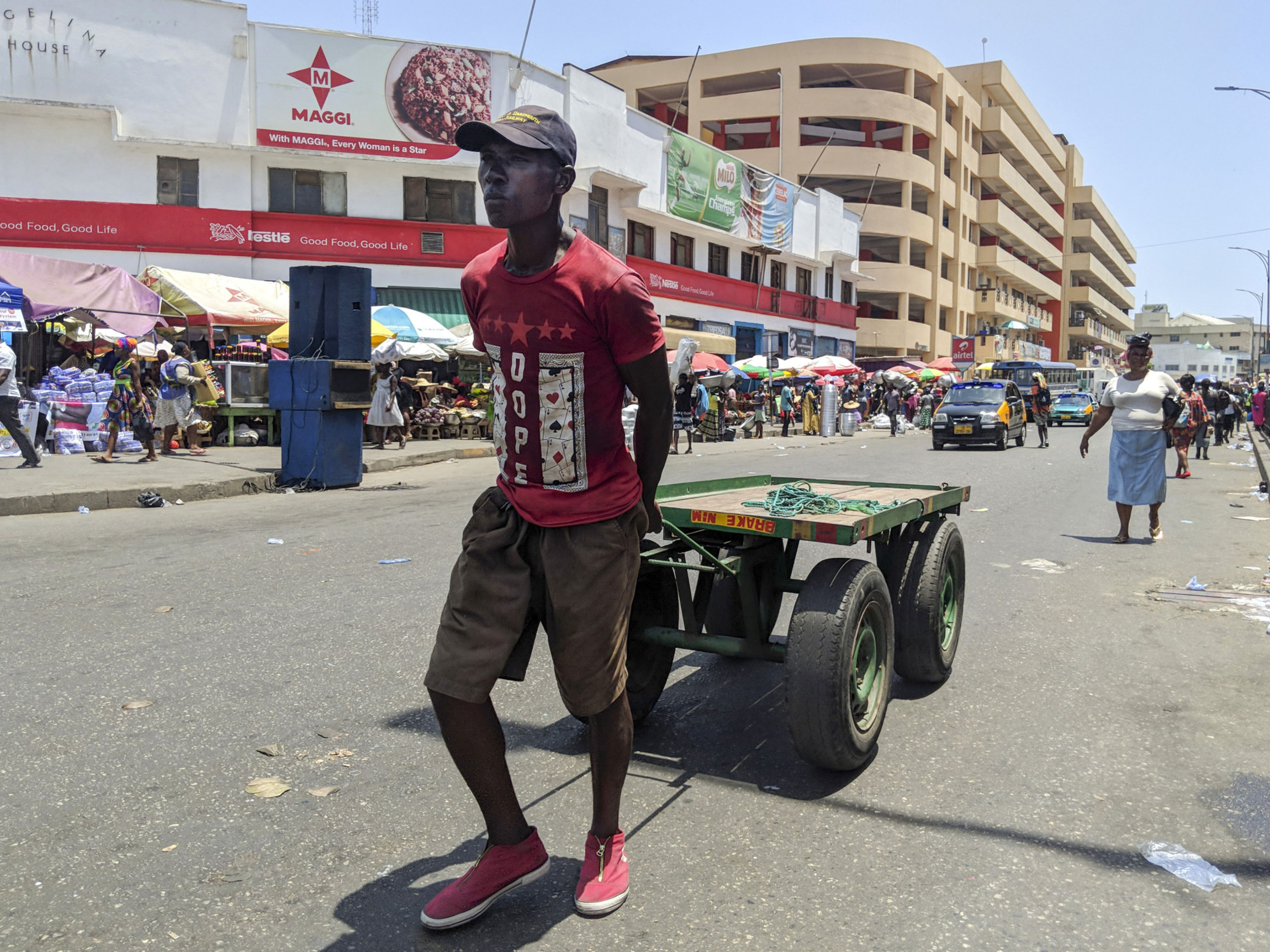
The United States Agency for International Development recently awarded $15 million for creation of a research and training center for supply-chain management in Ghana. But the move might signal a broader effort by the U.S. to counter the growing economic influence of China, and to a lesser extent Russia, throughout the African continent.
The money from USAID’s Global Development Lab will help fund a supply-chain management center for research, training and innovation in Ghana. Dubbed the Center for Applied Research and Innovation in Supply Chain-Africa (CARISCA), the venture will be set up and managed under a partnership between Arizona State University and the Kwame Nkrumah University of Science and Technology. USAID has described the latter as “Africa’s preeminent source of expertise on the sustainable management of supply chains.”
The stated idea behind the center is to draw on both government and the private sector to provide African businesses, researchers, universities and supply-chain practitioners with access to global resources for developing the continent’s infrastructure.
USAID selected Ghana as the site for the new center following an extensive search that attracted multiple applications from around the world. “This rose to the top,” says Ticora Jones, director of the Global Development Lab’s Center for Development Research.
The idea is to draw on local institutions of higher learning to devise new research and training programs that will make the center “Africa’s new hub of expertise for supply-chain management,” in USAID’s words. Adds Jones: “We hope it will strengthen and foster global development.”
Both Ghana and Africa as a whole face numerous challenges arising from inadequate infrastructure for the delivery of essential goods. Ticora also cites a lack of data and limited access to formal training in supply chain, resulting in high costs, transport inefficiencies and limits on “how we as a global community can support one another.”
“Food loss along the supply chain is an increasing global concern, contributing to food insecurity and other challenges,” USAID has said. “Moreover, in Ghana and across Africa, sourcing and distributing medicines remain a challenge due to ineffective supply chains that are not optimized for speed and effectiveness.”
Work on the center is underway, funded by an initial portion of the award. The project will stretch over four years, Jones says, adding that USAID “moved very quickly to establish this relationship.”
The initiative is only one element of a larger effort by the U.S. to invest in the region. Last year, the International Trade Administration announced Prosper Africa, a $50-million program to provide the continent with a trade and investment “toolkit” for “advancing American and Africa prosperity and security, supporting jobs, and demonstrating the superior value of transparent markets and private enterprise for driving growth.”
That statement could be viewed as an oblique criticism of similar efforts to invest in Africa by China and Russia. In fact, China’s recent moves in the region have far outpaced those of the U.S. Late last year, it struck a $2-billion deal with Ghana to build out a local network of roads, rails and bridges. In exchange, China would get access to 5% of Ghana’s bauxite reserves. It had previously closed a similar deal with Guinea, for guaranteed access to a portion of that country’s reserves of aluminum ore.
In 2018, China pledged $60 billion in financial aid to Africa, ostensibly with no strings attached. Currently Africa’s largest single trading partner, China has made investments in Africa of nearly $2 trillion since 2005. As for Russia, its trade with Africa, while much smaller that that of China, grew by 185% between 2005 and 2015, and President Vladimir Putin has announced the country’s intention to further double trade with African countries. Meanwhile, U.S. exports to Africa fell by nearly a third between 2014 and 2019.
U.S. officials have made more overt statements about the country’s growing rivalry with China and Russia over Africa’s resources. Speaking in Mozambique last year, Deputy Secretary of Commerce Karen Dunn Kelley said U.S. firms “have lost ground to the increasingly sophisticated — but too often opaque — business practices of foreign competitors.” And in late 2017, then-National Security Adviser John Bolton accused China and Russia of “predatory practices” which “stunt economic growth in Africa, threaten the financial independence of Africa nations … and pose a significant threat to U.S. national security interests.”
All of which suggests that a relatively modest investment by USAID in a supply-chain training center in Ghana carries greater implications than might be immediately thought. The U.S. may not be capable of countering China’s massive Belt and Road Initiative for infrastructure development in some 70 countries around the world, but it seems eager to plant a few flags to bolster trade, economic growth and influence in parts of resource-rich Africa.







